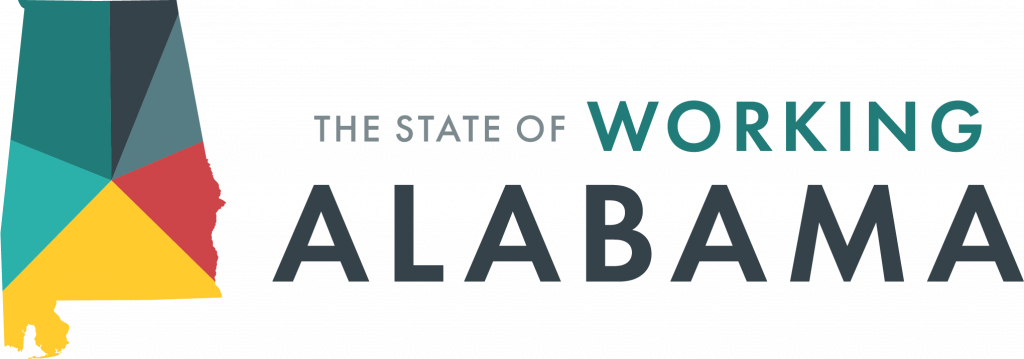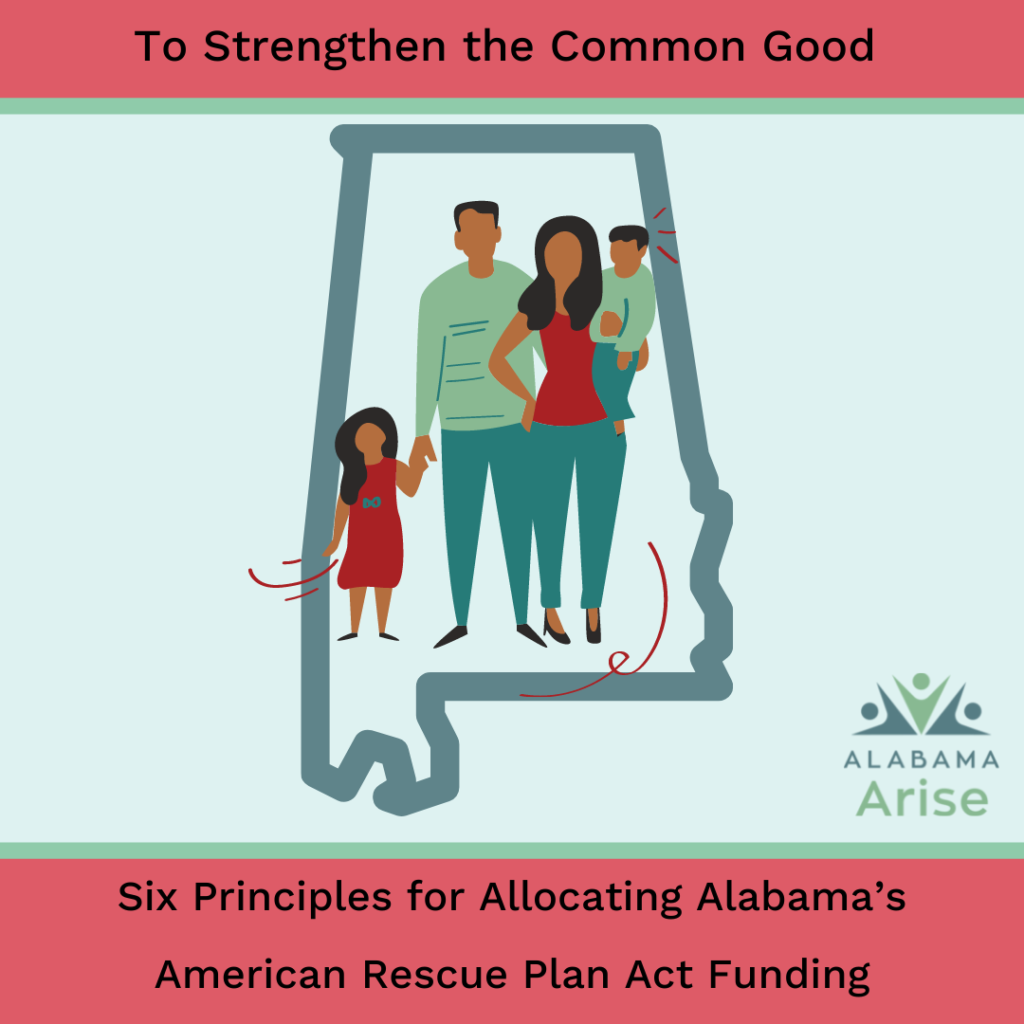Listening is a core value of Alabama Arise. We deeply value the input we get from our members, our allies and most importantly, those directly affected by the work we do together. We depend on what we hear to help guide our issue work and our strategies.
The ongoing COVID-19 pandemic continued to challenge us to be creative in finding ways to listen. We did another series of three statewide online Town Hall Tuesdays. This year, we also held 12 individual group listening sessions for a total of 15 listening sessions in all.
What we heard this summer
The town halls happened every two weeks, starting June 15 and ending July 13. The individual meetings took place throughout the summer. Here is some of what we heard in those town halls and in the individual group sessions:
Health care, voting, criminal justice
-
- In addition to strong support for Medicaid expansion, we heard several people express the need to address hospital costs, the lack of adequate equitable access to health services and significant concern for prescription drug prices (for seniors in particular). Many people highlighted the need for mental health reforms, and several pointed out the mental health connection to issues of homelessness.
- We heard concerns about ongoing, intentional barriers to voting. Many raised the need to improve voter access by making it easier, not more difficult, for people to vote. They said we need reforms like automatic voter registration, no-excuse and simplified absentee voting, a better process for restoring voting rights of people who were formerly incarcerated, an Election Day holiday and curbside voting. Issues about term limits for legislators and rank choice voting also were raised. While related to voting, but distinct, redistricting was also a concern.
- People voiced passionate support for many criminal justice reforms. Several highlighted a desire to abolish the Habitual Felony Offender Act and the death penalty. They also raised their voices for reforms around juvenile justice, gun violence, community sentencing options and programs to build social and job skills of people who were formerly incarcerated. There was much discussion about the need for prison reform beyond just building new prisons. Some participants also mentioned police reforms, specifically people advocating for public access to police body cam footage.
Housing, education, child care, transportation, language barriers
- We heard much discussion about the need for quality affordable housing, living wages and adequate funding of public education, including early childhood education and child care. Many also emphasized the connections between most of the issues of concern. Deficits in one area lead to insufficiency in many others.
- We also heard concern about the need to improve public transportation in the state. Many were interested in environmentally friendly public transportation solutions and securing a funding source for the Public Transportation Trust Fund created a few years ago.
- Among our Spanish-speaking members, many noted concerns with access to health care. These included eligibility concerns and disparities with information shared regarding documents and verification needed to receive the COVID-19 vaccine. They also requested a statewide Spanish-language hotline for addressing day-to-day inquiries surrounding public service benefits.
Notes from each town hall
For details about what we heard in the town hall series, click here to read breakout session notes from each of the 2021 Town Hall Tuesday events. Those sessions were as follows:
June 15 ‒ A better Alabama for all: Participants discussed the question: If you could wave a magic wand and fix one issue that addresses poverty in Alabama, what would that issue be?
June 29 ‒ Health care for all: Participants discussed ways to close the health coverage gap by expanding Medicaid in Alabama.
July 13 ‒ Justice for all: Participants discussed their priorities for improving access to voting and reforming our criminal justice system.
Stay in touch with Arise
We didn’t stop listening because the town halls ended. We want to hear from you, and we encourage you to contact the Arise organizer in your area:
- Presdelane Harris (pres@alarise.org): Southwest Alabama and Mobile.
- Stan Johnson (stan@alarise.org): Northwest Alabama, Birmingham and Tuscaloosa.
- Mike Nicholson (mike@alarise.org): Southeast Alabama, Auburn and the Wiregrass.
- Debbie Smith (debbie@alarise.org): Northeast Alabama and Huntsville.
We hope to see you at Arise’s online annual meeting Sept. 25!



